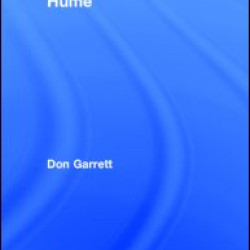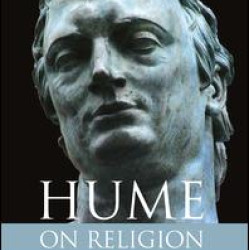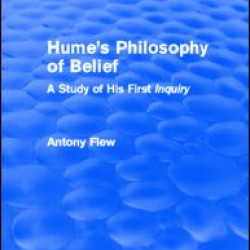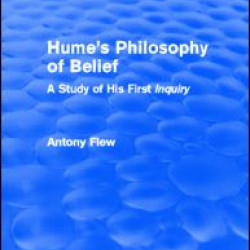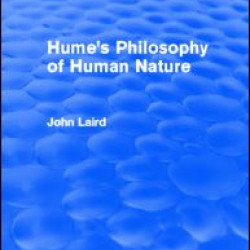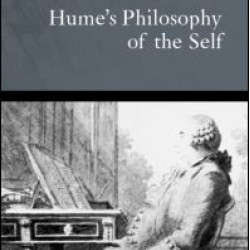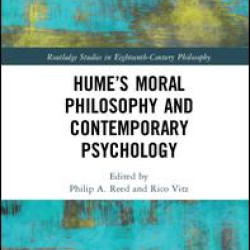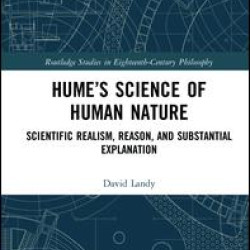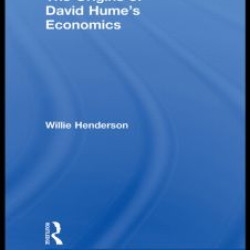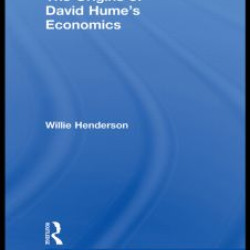Hume
Brand: Taylor & Francis
Model: 9780415283335
Hume is essential reading not only for students of philosophy, but anyone in the humanities and social sciences and beyond seeking an introduction to Hume's thought...
₹8,078.40 ₹10,098.00
Brand: Taylor & Francis
Model: Stock
First published in 1961, this book considers Hume’s request to be judged solely by the acknowledged works of his maturity. It focuses on Hume’s first Inquiry in its own right as a separate book to the likes of his other works, such as the Treatise and the Dialogues, which are here only used as suppl..
₹2,349.34 ₹2,936.68
Brand: Taylor & Francis
Model: Stock
First published in 1961, this book considers Hume’s request to be judged solely by the acknowledged works of his maturity. It focuses on Hume’s first Inquiry in its own right as a separate book to the likes of his other works, such as the Treatise and the Dialogues, which are here only used as suppl..
₹8,812.80 ₹11,016.00
Brand: Taylor & Francis
Model: Stock
The essence of Hume’s eighteenth-century philosophy was that all the sciences were ‘dependent on the science of man’, and that the foundations of any such science need to rest on experience and observation. This title, first published in 1932, examines in detail how Hume interpreted ‘the science of ..
₹9,914.40 ₹12,393.00
Brand: Taylor & Francis
Model: 9780415248013
First Published in 2002. Routledge is an imprint of Taylor & Francis, an informa company...
₹7,711.20 ₹9,639.00
Brand: Taylor & Francis
Model: Stock
This book demonstrates how Hume’s moral philosophy comports with recent work from the empirical sciences and moral psychology. This collection corrects an important oversight in contemporary interdisciplinary research in value theory...
₹8,445.60 ₹10,557.00
Brand: Taylor & Francis
Model: Stock
This book updates our understanding of Hume’s scientific methodology by using a more sophisticated picture of science as a model. Landy argues that Hume is a kind of scientific realist who holds that science can and must employ theoretical representations of unobservable entities to explain the obse..
₹8,812.80 ₹11,016.00
Brand: Taylor & Francis
Model: Stock
The author argues that analysis of the arguments of the Hume's Treatise throws light on Hume’s later economic, political and historical work...
₹8,812.80 ₹11,016.00
Brand: Taylor & Francis
Model: Stock
The author argues that analysis of the arguments of the Hume's Treatise throws light on Hume’s later economic, political and historical work...
₹3,083.74 ₹3,854.68
Showing 1 to 10 of 10 (1 Pages)


